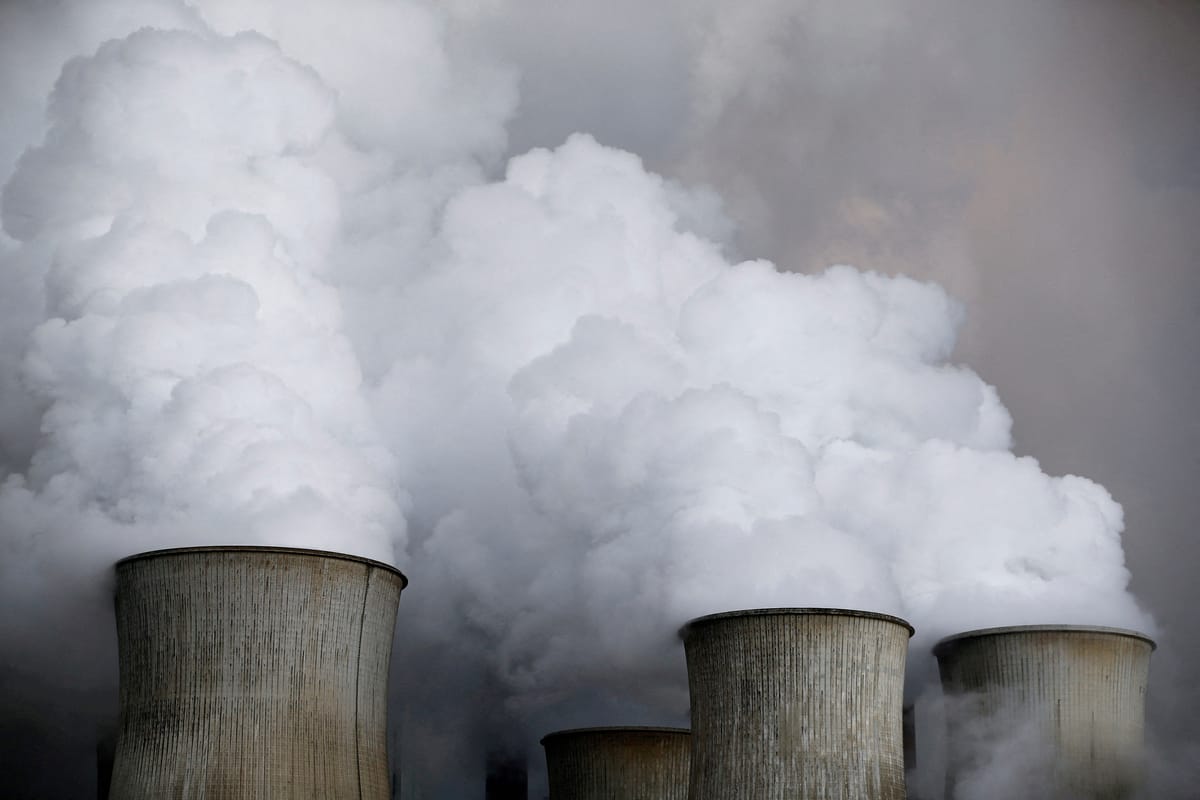Why do energy companies continue investing in fossil fuels?
Over the past couple of months, the energy industry has seen major companies double down on fossil fuel investment.

A few minutes every morning is all you need.
Stay up to date on the world's Headlines and Human Stories. It's fun, it's factual, it's fluff-free.
Earlier this year, the International Energy Agency (IEA) reported: “Today’s fossil fuel investment spending is now more than double the levels needed in the Net Zero Emissions by 2050 Scenario.” While sustainable energy is starting to attract higher investments (with solar expected to bring in over US$1 billion a day in 2023), fossil fuel financing is still going strong.
“The misalignment for coal is particularly striking: today’s investments are nearly six times the 2030 requirements of the NZE Scenario,” says the IEA.
Over the past couple of months, the energy industry has seen major companies double down on fossil fuel investment. Exxon acquired Pioneer Natural Resources (another oil company) for US$60 billion, and Chevron spent US$53 billion to buy out Hess. But, at the same time, the IEA predicts that oil demand will peak by 2030 in favor of more sustainable energy solutions. So, how do these investments in fossil fuels even make sense?
Well, fossil fuels are a safe bet at the moment in terms of a return on investment. “They are absolutely bound to the returns,” says Jon Creyts, CEO at RMI, a nonprofit organization that supports clean energy. “They’re bound to perform relative to market expectations. And any attempt to create a venture business that does not provide the returns that are expected as a large company gets penalized.”
Unstable, always-changing geopolitics are often used to justify constant fossil fuel production. Many in the world feel we can depend on oil, gas and coal in a way that other forms of energy are still up in the air. There’s also the fact that the transition to green energy is a long process that requires a long-term buildup of necessary infrastructure.
But it’s more difficult to move away from fossil fuel dependence if world governments continue approving and financing plans for fossil fuel production. Earlier this month, UN Secretary-General António Guterres released a statement saying: "Governments are literally doubling down on fossil fuel production. We cannot address climate catastrophe without tackling its root cause: fossil fuel dependence."




Comments ()